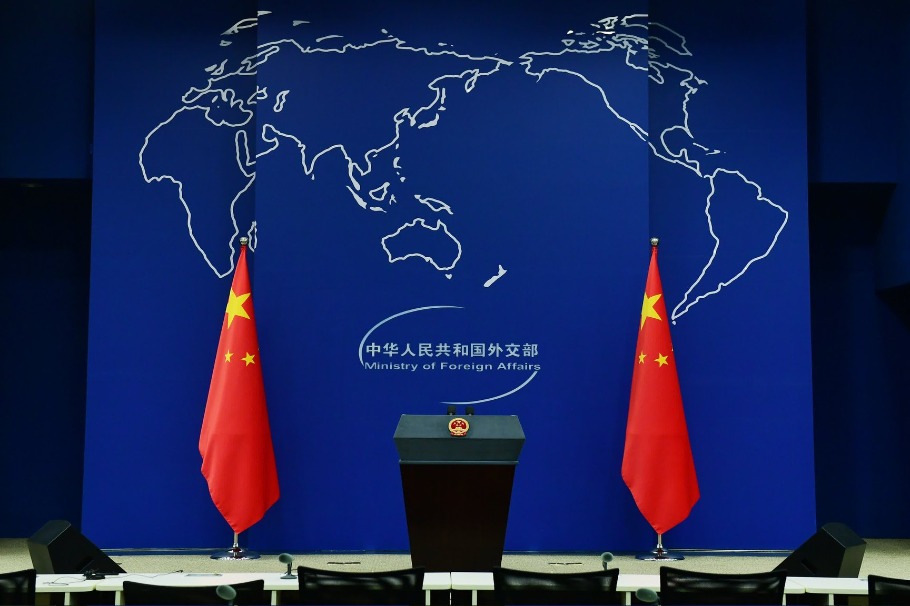Multipronged approach needed to tackle extreme weather in Hong Kong
By WU KUNLING in Hong Kong | China Daily Global | Updated: 2023-11-28 09:03

Hong Kong needs a multipronged approach to cope with extreme weather and reduce carbon emissions, scholars said.
They made the remarks after a study, which was released on Monday, found that the city could witness stifling hot night temperatures and heavier rainfall over more days in a year in the coming decades amid worsening extreme weather conditions.
The study, jointly conducted by the Chinese University of Hong Kong's School of Architecture, the University of Hong Kong and the Hong Kong University of Science and Technology, revealed that between 2020 and 2049, Hong Kong's 10-year average annual number of hot nights — with a minimum temperature of 28 C and above — is expected to go up by 50 percent to 48 days.
The longest duration of consecutive hot nights per decade will increase from an average of eight days annually in the 2011-20 period to 10 days in the decade ending 2049, with the maximum consecutive hot nights reaching 15 days.
Areas that might be badly affected by hot night temperatures by the 2040s include Sha Tin, Tuen Mun, Kowloon, the northern and southern parts of Hong Kong Island, and the airport region.
Ren Chao, an associate professor at the Faculty of Architecture at Hong Kong University, who participated in the research, said that five consecutive days of intense heat will increase the risk of death by 6.66 percent among vulnerable groups.
Ren pointed out that at present, the number and distribution of temporary night shelters in Hong Kong are inadequate. According to experts, the government has to pay more attention to effective allocation of medical resources and enhancement of community services.
The research also predicted that Hong Kong will witness a new record of 230 millimeters of hourly rainfall in the 2040s, 40 percent higher than the current record of 158.1 mm, which was set in September.
Jimmy Fung Chi-hung, chair professor in the Department of Mathematics and the Division of Environment and Sustainability at the Hong Kong University of Science and Technology, warned that the chance of landslides and severe flooding will significantly increase as extreme rainfall becomes more intense and frequent.
The situation would also further test the disaster preparedness and emergency response capabilities of the Hong Kong Special Administrative Region's government and local residents.
Apart from concerns about extreme rainfall, which has been addressed in the Hong Kong SAR government's latest Policy Address, the research team suggested heightened attention should be given to hot weather, which will also have significant impact on livelihoods and public health.
To tackle extreme weather conditions, the study recommended that the government regularly reviews and updates standards for extreme weather based on latest scientific knowledge.
Protocols for dealing with extreme weather, such as flood prevention measures in flood-prone areas, should also be developed in advance. To deal with the new situation, permanent support measures and services, such as more heat shelters, need to be implemented, the scholars said. While planning new urban settlements, particularly in the Northern Metropolis and the Kau Yi Chau Artificial Islands, the government should take into account the potential impact of extreme weather.
The city aims to achieve carbon neutrality by 2050, according to the Hong Kong Climate Action Plan 2050. Experts said the Hong Kong government should harmonize its action plan with the latest study to update its roadmap to zero carbon emission.
In the meantime, the city should work harder to reduce carbon emissions, which require more energy-saving efforts, such as green transport, reducing waste and increasing recycling behaviors, the study said.
amberwu@chinadailyhk.com
























